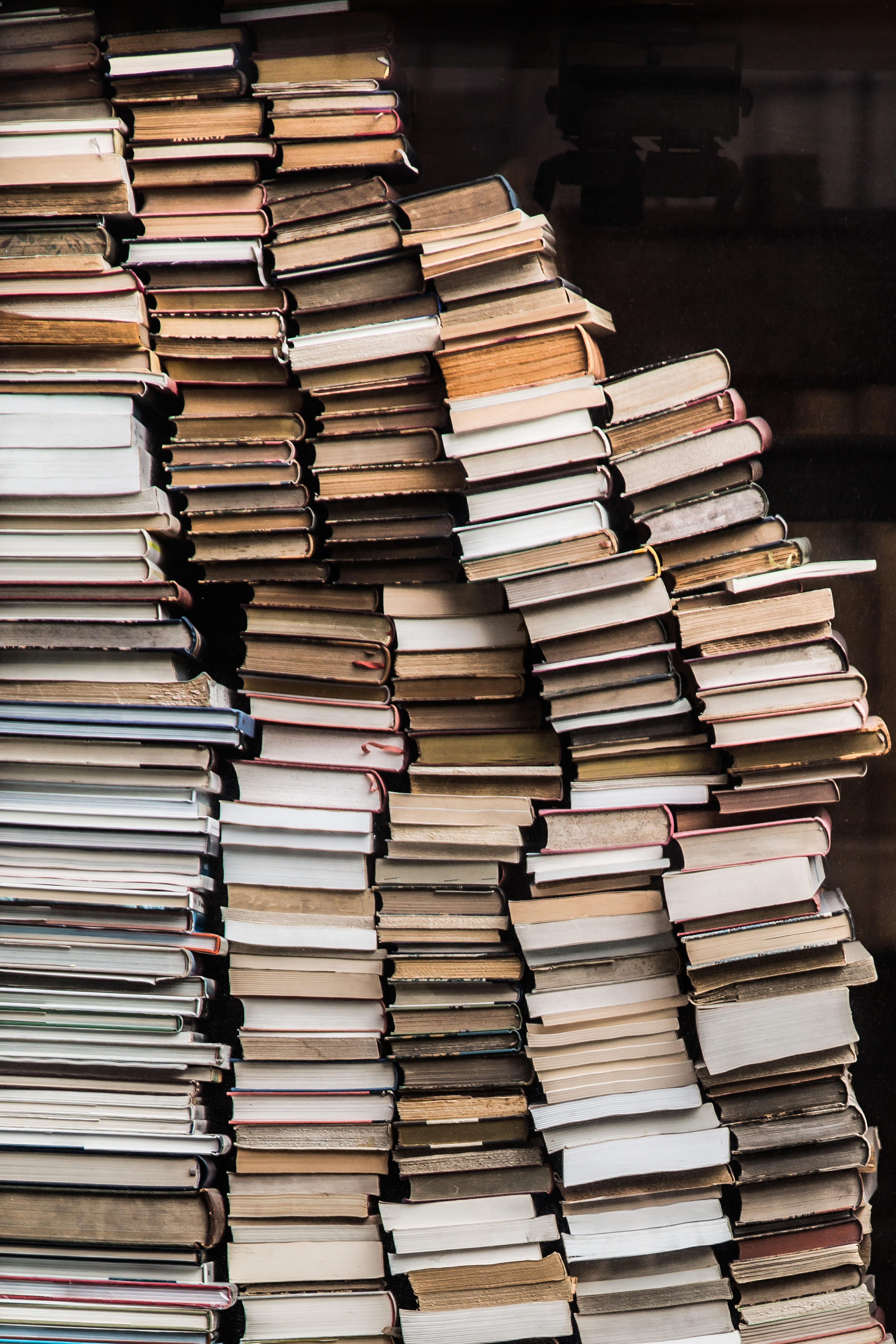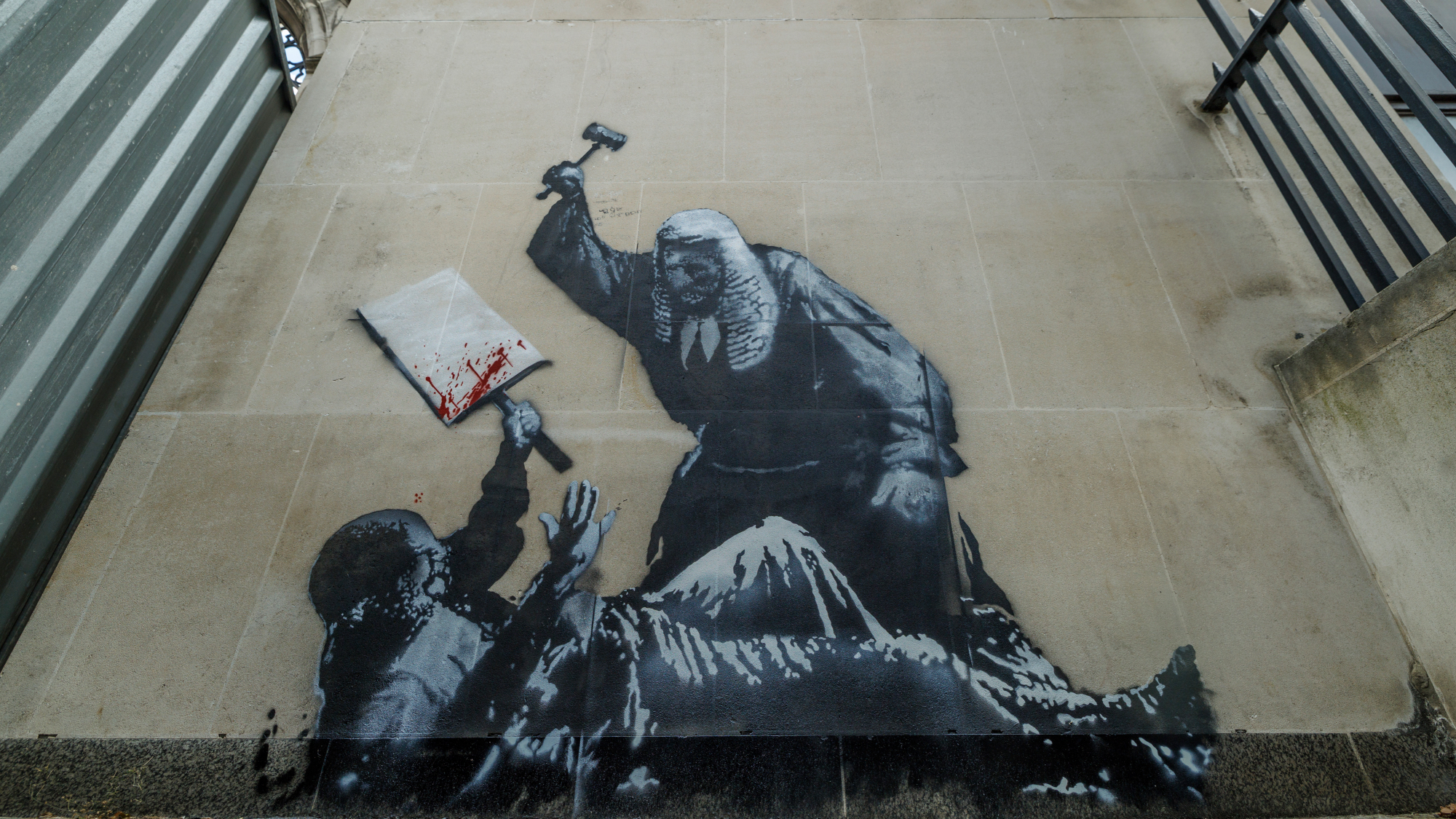Why I still love actual paper books
I want to be absorbed by a book in a way that actual page-turning, not pixel-moving finger flips, allows

I recently found myself laying hands on every book that I own as my husband and I readied to move from one Brooklyn apartment to another. The books occupied a metal baker's rack in our living room: five shelves of paperbacks and hardcovers, each filled several rows deep and bookended by, well, more books arranged in tall stacks with enough heft to prevent a catastrophic slide.
Though it slowed my packing, I insisted on cataloging each book, carefully typing the titles — 407 total, as it turned out — before putting them into numbered boxes. The size and layout of our new apartment made taking the metal rack an impracticality. So the books were all heading temporarily to the basement of my parents' Massachusetts home. Over the years the space has come to resemble the warehouse at the end of Raiders of the Lost Ark. What if my precious book boxes were lost amid their anonymous brethren? A record was needed.
The tidiness guru Marie Kondo (whose book I do not own) has counseled that deliberate tactile assessment of the type I was engaging in can tell you whether an object is essential to your life. Kondo advises asking just one question while you hold an item close — "Does this spark joy?" — and if the answer is no, send it away. But the method risks oversimplification. Books are my memory-keepers, and joy is hardly the only emotion they prompt.
The Week
Escape your echo chamber. Get the facts behind the news, plus analysis from multiple perspectives.

Sign up for The Week's Free Newsletters
From our morning news briefing to a weekly Good News Newsletter, get the best of The Week delivered directly to your inbox.
From our morning news briefing to a weekly Good News Newsletter, get the best of The Week delivered directly to your inbox.
And so, as I took each book down, I revisited the arc not only of my reading life, but of my life. The battered Chronicles of Narnia are my childhood, the books I reread more than any other. The Hours contains a passage on simple, ordinary life, and the possibility of happiness, that I read through tears to my roommates on the morning of our college graduation. The Boys on the Bus is a talisman from my tenure with a newspaper on Martha's Vineyard; I found it on the office bookshelf of my editor, Dick Reston — the only stealth "borrowing" I've ever done— as if by holding onto it I'd inherit his instincts and graceful editor's touch. Lonesome Dove occupied my first month after moving to New York, when I was sleeping on my brother's rust-colored corduroy couch and looking for work and not doing much else.
I re-discovered I was missing Nine Stories, which has the distinction of being both an all-time favorite and an object of study from my days as an aspiring fiction writer. I'd lent it to my husband in our first months of dating. He was commuting to Pennsylvania at the time and, touched that he wanted to read something important to me, I affected a breeziness about the book's crossing state lines that I did not possess. I recall our talking about the collection's first story; then, fuzziness intercedes. I suspect I blotted the loss from memory lest it become a larger blot on our relationship.
With the boxes slowly amassing, my mom's voice echoed in my mind. She was making an ardent case for a more permanent packing away. It's not that I haven't pruned my book collection over the years, but the incoming stream invariably exceeds what goes out for donation.
And here's the thing: I know that e-books would save space. They would make this entire exercise irrelevant, dispatching the need for boxes and lugging and list-making, giving me ready access to all the books I've read and loved.
A free daily email with the biggest news stories of the day – and the best features from TheWeek.com
But I refuse to make the transition. Because to me, e-books are not books.
My occasional e-book purchases are impulse buys, made because I am about to go to the gym or board a plane and want a book to start right then. Once the rush of gratification wears off, though, I settle into a stew of regret and hostility. I don't actually want to peer at the book on my phone, increasing the font size until there are only 14 words on a page. I don't want to worry about recharging or sunlight glare. I don't want to curse the iPad because the version I've downloaded didn't synch with the one on my phone and I have to tap forward manually or play guess-the-chapter until I find my spot; nor do I want to swipe blindly backward when I've forgotten a detail or want to revisit a beautiful sentence from chapter three.
I want to judge how much story is left by thumbing to the end of a chapter or measuring my place against the thickness of the spine. The e-equivalent means nothing — a progress bar and page numbers that don't correlate to my real-world experience of reading and time. Does 10 pages on an iPhone equate to a few minutes of reading, or 15? How am I supposed to know if I can squeeze in the end of the chapter before my next subway stop?
I want to be absorbed by a book in a way that actual page-turning, not pixel-moving finger flips, allows. Choosing print over e-books means separating my reading from anything else — everything else, I should say, given the enormity of what we can do and information we can access from smartphones and tablets. It means I put down one thing before I pick up another, that I allow my attention to be taken wholly and open myself to feeling the full weight of the words on the page. That they will make me laugh or cry or think a little differently or discover something new.
And I want to finish a book and slot it on the shelf according to my personal Dewey Decimal system, a complex algorithm that accounts for genre, subject, author, how much I liked it, and how much I liked it compared to everything else. The e-alternative is to finish and watch as the book's cover, once a full-screen image, shrinks and recedes to its tiny place on my e-bookshelf. The diminishment extends to the whole experience; the story fades, the memories go unvisited.
Wondering suddenly what I even had on the e-shelf, I opened up my iBooks and Kindle apps. There were more books than I expected. I was reminded that I'd abandoned The Goldfinch and The Turner House after a few chapters each, and vowed to try again; that earlier this year I'd read City on Fire, a beautifully written tome that I wish I had a physical copy of; and that I'd consumed The Hunger Games trilogy, now indistinguishable in my mind from its cinematic counterparts. But more than anything, seeing those unholdable, thumbnail-size book covers saddened me.
And then I knew what had to go.
Alexis Boncy is special projects editor for The Week and TheWeek.com. Previously she was the managing editor for the alumni magazine Columbia College Today. She has an M.F.A. from Columbia University's School of the Arts and a B.A. from the University of Virginia.


